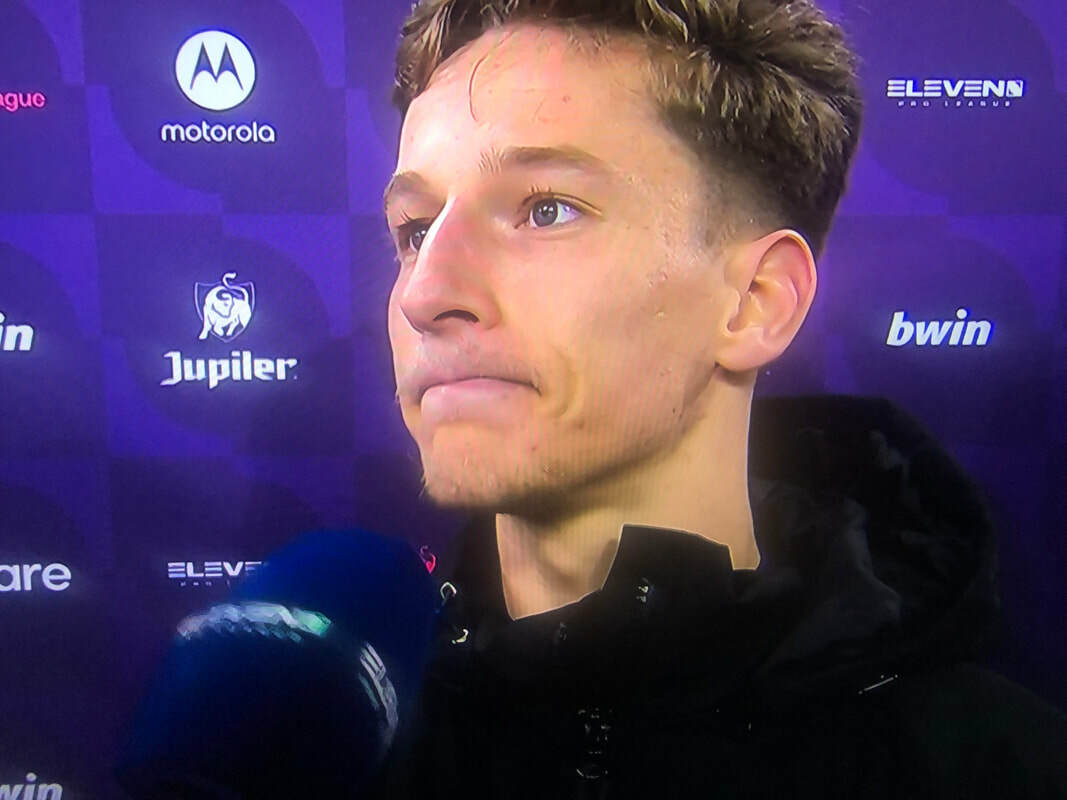
The D-word was out this week. The open-hearted, new Danish coach of my favorite football team, RSC Anderlecht said: "Second division is possible". But whatever it may be, there is one certainty: players, coaches, sponsors, directors, shareholders come and go, but real supporters always stand behind their team. In good times and especially in bad times.
What makes supporters have such an emotional, even passionate, connection with a football club? First of all, there are of course the sporting achievements of the team. Whoever wins quickly becomes a hero. Whoever loses, awaits criticism. In that respect, investing in a football team is a particularly risky investment. Marc Coucke and Wouter Vandenhaute know all about it at Anderlecht.
But football is much more than an investment. It is a vessel full of sporting emotions and above all an ultimate social experience. You don't support alone. Football hardly has any rank or position (although women are still underrepresented in many stands). It is one of the few places in our society where people of different ranks and positions still unite behind one goal: their favorite team.
A football brand also creates an identity, a personality, for a supporter. My team is me. It creates an appearance. Or for humiliation or schadenfreude when things are not going well in sports. Or occasionally even heartfelt sympathy.
But a supporter's strongest bond with a football club is much deeper. It is a blood bond, which is passed on from generation to generation. Research into English football clubs a few years ago showed that the pedigree and club love of grandfather and father is in many cases decisive for which team one supports today. This week, a friend/supporter told us on social media that as a child he went to the Astridpark with his grandfather to support Paul Van Himst and Robbie Rensenbrink. You cherish those memories for life.
After all, football brands also have a DNA. Football serves a higher purpose, well beyond the 90 minutes of a match. FC Barcelona has carried the slogan "Mes que un club" in its banner ("more than a club", in Catalan) all year. And that sums up the essence of a football club very well for me: it is a view of life. That DNA is often unfathomable. The owners of RSCA Anderlecht have been looking for that DNA for more than 5 years, and still haven't found it. However, you should not look far. For me, the DNA is concisely summarized in the color of the club: purple. The color that symbolizes sporting status, majestically elevated above everything and everyone. Or in the ultimate club song of Lange Jojo before each home game: 'Anderlecht Champion'. Or in the subtle logo with the 3 gold stars on the players' jersey, referring to the record number of championship titles. Anderlecht's DNA stands for winning, and overcoming. Yesterday, maybe a little less today, but certainly again tomorrow. And if it has to be that way, also in second class.
Written by BBDO Belgium Team, We create effectiveness